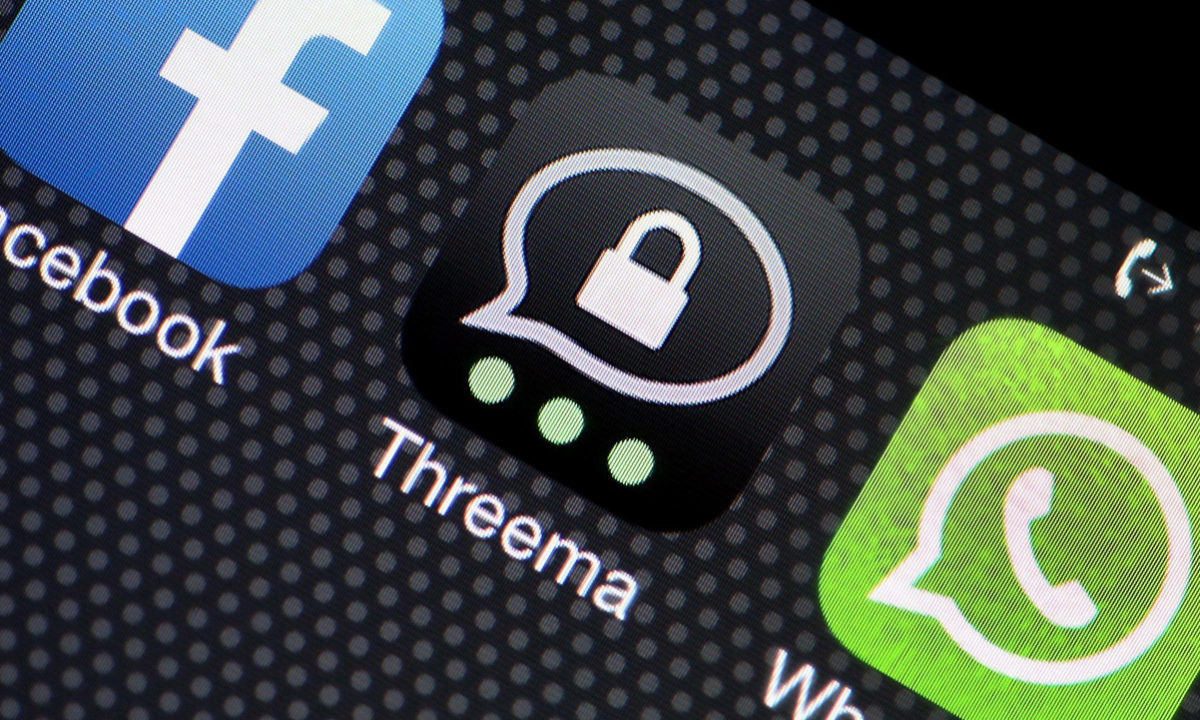
As we have seen happen on previous occasions with other state agencies, this time it has been the swiss army that just shared its decision to ban the use of the most famous messaging applications in the world, WhatsApp, Telegram and Signal, in favor of the use of a new locally developed alternative.
A decision that, according to reports from RT, came into force under the new rules of the body published last December, in which it is alleged that the basis of this decision comes mainly due to the data protection problems that these applications present, as well as the sensitivity of the data that your employees deal with on a daily basis.
And it is that although there is no doubt that WhatsApp is a secure platform thanks to the use of its end-to-end encryption, the application complies with the CLOUD Act of the United States, which means that the US government can gain access to certain data even if it is not stored on servers within the borders of the United States.
So now I know Swiss soldiers must install and use Threema exclusively, a mobile messaging service developed by a Swiss company. As explained by the Swiss army, unlike foreign applications, Threema is subject to Swiss regulations and therefore, no other authority can request access to conversations. In this way, the Swiss government is trying to ensure that no one can access or make any possible exchange of data from the conversations of its employees on any of these messaging platforms.
In addition, the army will also cover the cost of the 4 Swiss francs (approximately 3.83 euros) for the download of this application for its employees, since unlike the rest of the replaced applications, it does not have free access. Although the fact that the use of this application and the decline of the rest of messaging applications will be total, forcing to use the new application both in your official and private communications, including conversations between soldiers and their families.




